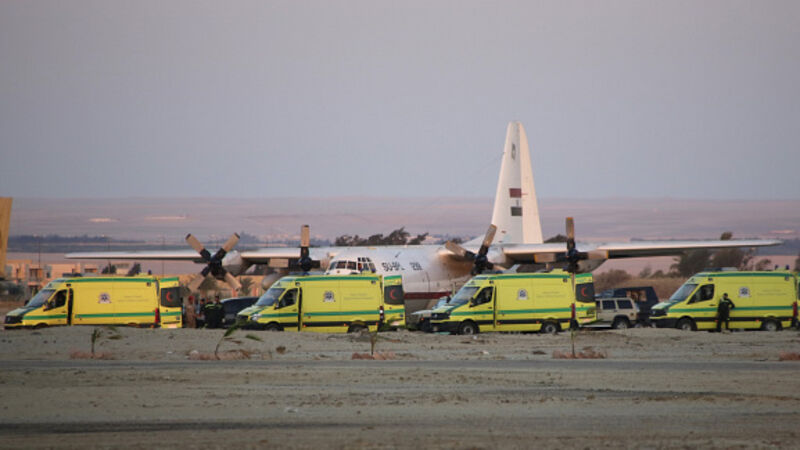European travel stocks drop on US warning of 'increased terrorist threats'

It was the first time a Nato member’s armed forces had shot down a Russian or Soviet military aircraft since the 1950s. Russia said its plane had been downed over Syria, but after an initial early-morning flurry on the breaking news, the effects on European bonds and currencies were muted overall.
The yield or interest rate on the Irish 10-year bond traded at 1.10%, little changed on the day, while the equivalent German 10-year bund was also unnerved, closing 4 basis points lower at 0.50%.
















